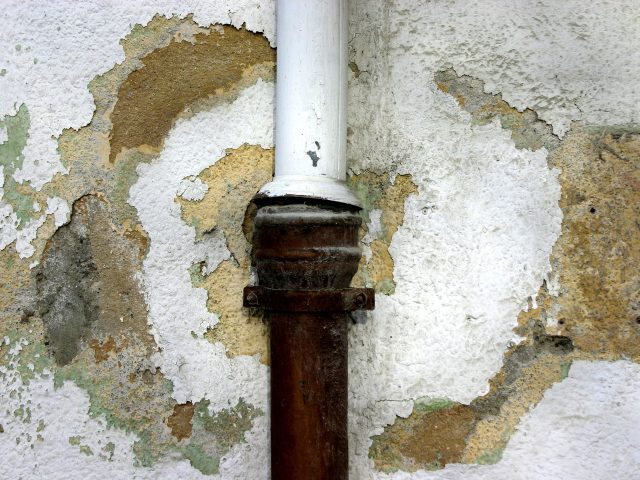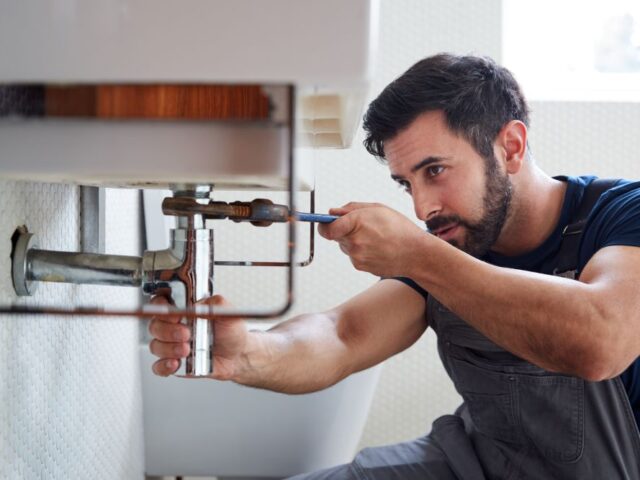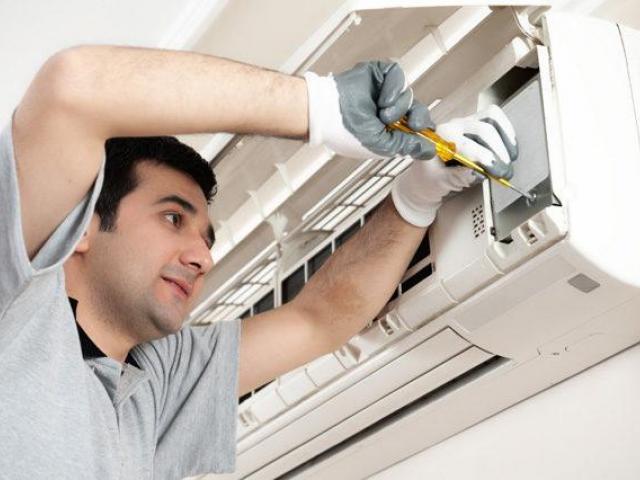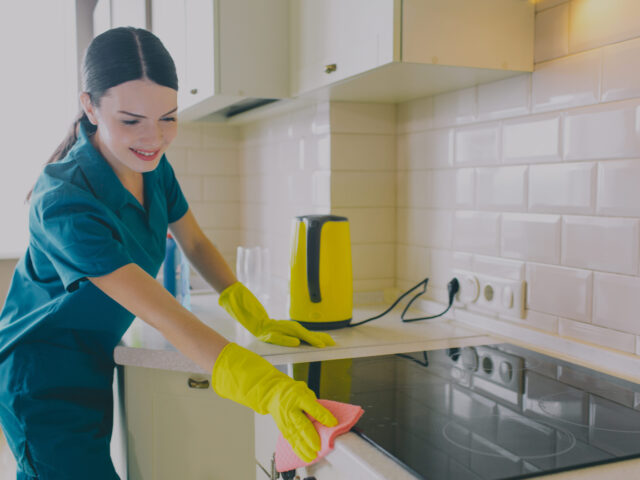Plumbing is one of those things we often take for granted until something goes wrong. From leaky faucets and clogged drains to burst pipes and water damage, plumbing issues can disrupt daily life and cause significant damage to a home. However, many of these problems can be prevented with regular plumbing maintenance and inspections. Just as you wouldn’t neglect to change the oil in your car or ignore a check engine light, your home’s plumbing system also requires regular attention to keep it functioning smoothly. Here’s why regular plumbing maintenance and inspections are so important.
1. Prevents Costly Repairs and Replacements
One of the most compelling reasons to maintain your plumbing system is to avoid expensive repairs down the line. Small issues, such as a dripping faucet or a slow drain, can escalate into much bigger problems if left unattended. For example, a minor leak in a pipe can cause significant water damage to walls, floors, and ceilings, leading to costly repairs. Regular inspections can identify these small issues early, allowing you to address them before they turn into major expenses. A proactive approach to plumbing maintenance can save homeowners thousands of dollars in repair costs over time.
2. Extends the Lifespan of Your Plumbing System
Like any other system in your home, your plumbing has a finite lifespan. However, with proper care and maintenance, you can extend the life of your pipes, fixtures, and appliances. Regular inspections can help detect wear and tear or potential problems that could shorten the lifespan of your plumbing system. For instance, hard water can cause mineral buildup in your pipes, reducing water flow and increasing pressure on the system. Over time, this can lead to pipe bursts or other failures. By addressing these issues early, you can ensure that your plumbing lasts as long as possible, delaying the need for costly replacements.
3. Improves Water Quality
Your home’s plumbing system plays a crucial role in maintaining the quality of the water you use daily. Leaks, corrosion, and sediment buildup can all negatively affect your water quality, potentially making it unsafe for consumption. Regular plumbing maintenance can help identify and rectify issues that may compromise your water supply. For example, replacing old or corroded pipes can prevent contaminants from leaching into your water, ensuring that the water you drink, cook with, and bathe in remains clean and safe.
4. Reduces Water Bills
Leaky faucets, running toilets, and dripping pipes might seem like minor inconveniences, but they can significantly impact your water bill over time. According to the U.S. Environmental Protection Agency (EPA), a leaky faucet that drips at the rate of one drip per second can waste more than 3,000 gallons of water per year. Regular maintenance and inspections can help you identify and fix leaks early, reducing your water usage and, consequently, your utility bills. By investing a little time and money into maintaining your plumbing, you can enjoy long-term savings on your water bills.
5. Prevents Water Damage and Mold Growth
Water damage is one of the most common and costly problems homeowners face. Whether it’s a burst pipe, a leaking appliance, or a backed-up drain, water can cause extensive damage to your home’s structure and belongings. Additionally, excess moisture can lead to mold growth, which poses health risks to you and your family. Regular plumbing inspections can help identify potential sources of water leaks, allowing you to address them before they cause significant damage. By maintaining your plumbing system, you can protect your home from water damage and avoid the health risks associated with mold.
6. Increases the Value of Your Home
A well-maintained plumbing system can enhance the overall value of your home. Prospective buyers are more likely to invest in a property that has been well cared for, including its plumbing. On the other hand, visible signs of neglect, such as water stains, mold, or outdated plumbing fixtures, can deter buyers and lower your home’s market value. Regular plumbing maintenance and inspections provide you with peace of mind, knowing that your home is in good condition and will appeal to buyers should you decide to sell in the future.
7. Ensures Compliance with Local Building Codes
Building codes and regulations regarding plumbing can change over time. Regular plumbing inspections can help ensure that your home’s plumbing system is up to code and compliant with local regulations. Non-compliance can result in fines, complications when selling your home, and even potential safety hazards. A professional plumber can provide you with the necessary updates and modifications to keep your plumbing system in line with current standards, protecting your home and your investment.
8. Improves the Efficiency of Your Plumbing System
A well-maintained plumbing system operates more efficiently, delivering consistent water pressure and reliable performance. Regular maintenance can help remove blockages, improve water flow, and prevent the buildup of sediment that can clog pipes and reduce efficiency. An efficient plumbing system not only improves your daily comfort but also reduces the strain on your plumbing components, lowering the risk of breakdowns and extending their lifespan.

9. Identifies Potential Safety Hazards
Some plumbing issues can pose serious safety hazards if left unaddressed. For example, a leaking water heater can lead to significant water damage and even explosions if the pressure becomes too high. Similarly, a gas leak from a gas-powered water heater or appliance can be extremely dangerous, posing risks of fire, explosion, and carbon monoxide poisoning. Regular plumbing inspections can help identify these potential hazards early, allowing you to address them before they pose a danger to your home and family. Visit https://hi-techplumbingandair.com/plumbing-hobe-sound/ if you need more information or have any questions about the importance of regular plumbing maintenance and inspections.
10. Provides Peace of Mind
Finally, regular plumbing maintenance and inspections provide peace of mind. Knowing that your home’s plumbing system is in good working order allows you to focus on other aspects of your life without worrying about unexpected breakdowns or costly repairs. Scheduled maintenance ensures that potential problems are caught early, reducing the likelihood of emergencies and giving you confidence in the reliability of your home’s plumbing.
Conclusion
In conclusion, regular plumbing maintenance and inspections are essential for keeping your home’s plumbing system in good working order. They help prevent costly repairs, extend the lifespan of your plumbing, improve water quality, reduce water bills, prevent water damage, and enhance the value of your home. Moreover, regular inspections can identify potential safety hazards and ensure compliance with local building codes. By investing in regular maintenance, you can enjoy the peace of mind that comes with knowing your plumbing system is reliable, efficient, and safe. Don’t wait for a plumbing emergency to take action—schedule regular inspections and maintenance to protect your home and your investment.




